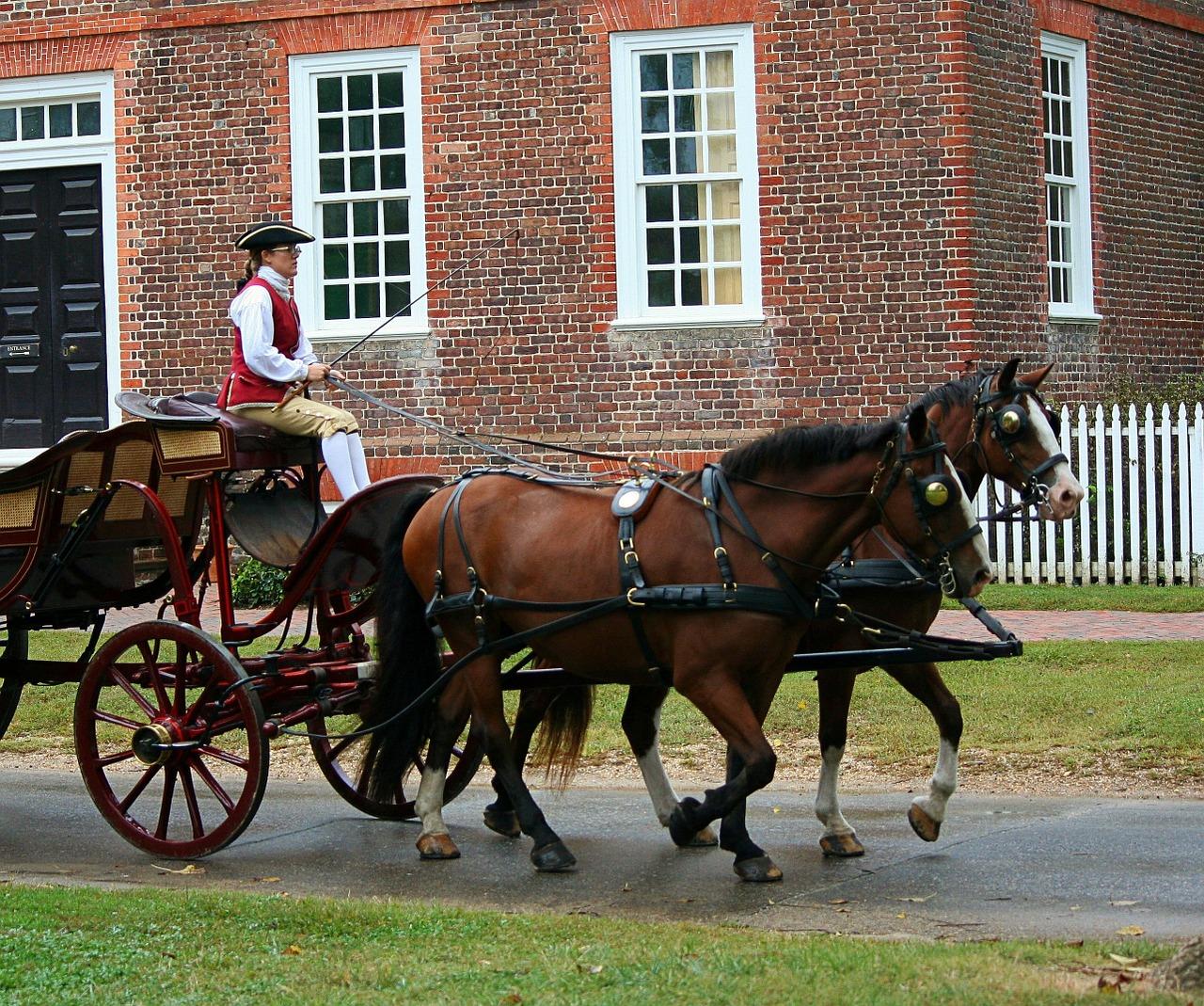The Origin and History of The English Language

The English language is one that has evolved significantly over the centuries. What is more interesting is the fact that it is still evolving. Added to this amazing phenomenon are numerous varieties of the language being spoken in the nooks and crannies of the earth. Also, it has been postulated that about 375 million people speak English worldwide and more than 50 countries have English either as their official or primary language.
These statistics all point to the fact that English is one language that remains dominant among the myriad of languages in the world.
Now, we go on to examine critically the evolution of this seemingly weighty language. If you’re an adventurer, you can go on a voyage to learn more about this intriguing language. According to Maria Legg in her foreword to the sensational book on language In a Manner of Speaking, “Indeed, a history of the language must necessarily be a history of its people too.”
In view of the above assertion, and as the various diachronic forms of the language in scope are highlighted, attention will be given to the different eras in which the most significant changes in the language occurred.
Old English

This came about with the invasion of the British in the 5th century by three Germanic tribes: the Angles, the Saxons (known together as the Anglo-Saxons) and the Jutes. Originally, the languages spoken in Britain were the Common Brittonic, a Celtic language and Latin which was imported by Roman invaders.
However, with the arrival of these Germanic invaders, the speakers of the Celtic language were forced to leave Britain and settle in neighbouring lands which are now referred to as Scotland, Ireland and Wales. The rest of the population were then conquered and every aspect of their lives (language inclusive) as well.
The language spoken by the Angles was “Englisc” (meaning “pertaining to the Angles”) which evolved into “English” and this became the language of the land which now came to be referred to as “England.” The introduction of Christianity in the late 6th and early 7th centuries was of great cultural importance as well. It led to the introduction of written texts. Previously, texts had been transcribed on wood, bone or stone.
Old English or Englisc is one of the West Germanic languages, and it is closely related to Old Frisian and Old Saxon. It varies significantly from Modern English and is difficult for Modern English speakers to understand without studying it. Old English grammar is akin to that of modern German.
Nouns, adjectives, pronouns and verbs have many inflectional endings and forms and word order is loose. Common words from this era include Pepper, Mile, School, Wine and Chalk.
In the aspect of literature, most of the writers of this era wrote anonymously. Some of those whose names are known include Cædmon and Bede while some notable works written in this era include Beowulf (an epic poem), the Anglo-Saxon Chronicle (a record of early English history) the Franks Casket (an inscribed early whalebone artefact) and Cædmon’s Hymn (a Christian religious poem) written by Cædmon.
In the 9th century, another invasion took place in Britain, this time by the Vikings. The Battle of Maldon, a heroic Old English poem, recounts the battle fought between the British and the Vikings in 991 AD. The Vikings introduced a number of words to the already forming Old English language and it is interesting to note that many of these words are still in use till date.
More wars occurred during this tumultuous era and the English language kept evolving with the introduction of new cultures until the 11th century Norman Conquest.
Middle English

This form of the English language is largely characterized by the introduction of numerous foreign vocabulary, especially from French. It thrived in the period after the Norman Conquest of 1066. This was when William the Conqueror, Duke of Normandy invaded Britain and took charge of the administration of the country.
The sort of language being spoken at this point became known as the Anglo-Norman language, preserving some elements from Old English and introducing novel words from the language of the captors.
Consequently, the Normans were magnanimous enough to retain the basic structure of Old English but they introduced about ten thousand words of their own into the language. Many of these words came about naturally through everyday conversations concerning matters such as food production.
This was when words such as poultry, juice, pork and herb appeared in the English vocabulary. Some other words which were introduced include although, continue, engage, encounter, conceal, etc.
During this period, there existed three languages which were used according to one’s social status and for different purposes. The French language which was the language of the ruling elites became the language used in the courts and for administrative purposes generally. English (the Anglo-Norman dialect) on the other hand, was spoken by the commoners while Latin was the language of the church.
However, when in 1204 AD, the incumbent King – John – was overthrown by King Phillip II of France and lost the province of Normandy, a further evolution of the English language occurred. A new version of the language spontaneously emerged and it became known later as Middle English.
This new form became popularized in no time and took over the Anglo-Nornan dialect. The language became so widespread that in 1362, the legislative house ditched French and adopted the Middle English dialect as their official language.
Middle English experienced major grammatical changes in terms of phonology, morphology, orthography and syntax. The writings during this period varied according to the writer’s regional dialect. Writing conventions were significantly different. The more standardized Old English language became fragmented, localized and was being improvised as well.
Towards the end of this era, a standard language based on the dialect of London was established. This greatly formed the foundation for the spelling Modern English. Also, numerous grammatical properties of Old English either became simplified or went into extinction. As stated earlier, this language form also adopted a lot of French words especially in the areas of law, politics, art and religion.
There was a remarkable transformation in pronunciation as well. Long vowels and diphthongs particularly experienced what is now known as the Great Vowel Shift.
Many of the writings of this period have been lost due to the fact that many of the Middle English writers wrote in French rather than the developing English language. However, a subtle literary revolution occurred in the 14th century which saw writers like Geoffrey Chaucer and John Wycliffe refusing to follow the status quo and insisting on writing in the English language. Till date, Canterbury Tales one of Geoffrey Chaucer’s works are still studied and acknowledged worldwide.
Historically, the Middle English period is usually divided into three aspects.
- Early Middle English: This period spanned from the Norman Conquest of 1066 to 1250. During this period, the Old English system of writing was still very much in use.
- Central Middle English: It lasted from 1250 to about 1400AD. The period was known for the procedural creation of literary dialects, the use of a writing system immensely influenced by the Anglo-Norman orthography, the loss of pronunciation of final unaccented -e and the introduction of a large amount of Anglo-Norman words. This period was also known for the works of two great writers Geoffrey Chaucer and John Gower who refused to write in French, the official language for literature but instead engineered the spread of the London dialect of the English language.
- Late Middle English: This period began from 1400 and ended around the late 15th century. It marked the spread of the London literary dialect and the gradual unpopularity of the Scottish dialect and the other northern dialects. Also, the structure of Modern English was established.
Modern English
This era lasted from the late 15th century till the late 19th century. It witnessed great writers such as Shakespeare. To differentiate between the stages of English development during this era, scholars have come to subdivide it into two distinct periods – Early Modern English also called The Renaissance and Late Modern English.
1. Early Modern English

It is also referred to as Early New English. The period spans from the transition from Middle English in the late 15th century to the move to Late Modern English in the early 18th century. This period is quite peculiar as many grammatical and orthographic inventions enacted have a lot of influence on present day English.
During this period, the Great Vowel Shift became more pronounced in writings. The causes of this tremendous shift are still highly debated, however an important factor may have been the very fact of the large intake of loanwords from the Romance languages of Europe during this time, which required a different kind of pronunciation.
It was, however, a peculiarly English phenomenon, and contemporary and neighbouring languages like French, German and Spanish were entirely unaffected. It affected words of both native origins as well as borrowings from French and Latin.
Also, changes in spelling and pronunciation became more prominent. The Great Vowel Shift brought about the rise of various oddities of English pronunciation and now obscures the relationship between many English words and their foreign counterparts. Spellings of words were changed to show their pronunciation. Some examples include bern to barn, stan to stone and herte to heart. This, however, did not affect all words.
There existed a lot of inconsistencies in this spelling change as a result of the existence of regional dialects and this explains the present irregularities in the pronunciation of words spent alike. Examples include good, stood and blood.
Many English speakers today can easily read and understand texts written during the late phase of this period. Such books as the King James’ version of the Bible and works of William Shakespeare have immensely influenced the English language spoken today.
Another aspect of the development of the English language was the influence of the introduction of classical scholarship (Renaissance) during this period. A lot of words from Latin and Greek were either imported whole or slightly modified. Words such as militia, invention, excavation, pungent, enthusiasm, absurdity, system, gradual, ultimate, technique and notorious have the Renaissance to thank for their presence in the English language.
Also, William Shakespeare took advantage of this new grammatical flexibility and was able to introduce some new words into the language. Some of them include obscene, frugal, aerial, gnarled, homicide, brittle, radiance, dwindle, puking, countless, submerged, vast, lack-lustre, bump, cranny, fitful, premeditated, assassination, courtship, eyeballs, ill-tuned, hot-blooded, laughable, dislocate. Not only did he do this, he also introduced the verification of nouns.
One landmark achieved during this period is the invention of printing in England by William Caxton in 1476 and this created a novel path in the world of writing as information dissemination became swift. When the printing press came into existence, a lot of discrepancies were established as regards how the English language could become standardized because a lot of regional dialects existed during this time.
Eventually, the dialect of East London where the printing house (Chancery of Westminster) was located was adopted. It is this venture that we thank today for the somewhat unified nature of the English language.
The end of this period is characterized by the religious and political settlement of the 1688 “Glorious Revolution” the transition to the Augustan age during the reign of Queen Anne (1702 – 1714), and the achievement of political unity within the British Isles through the Act of Union between England and Scotland in 1707.
2. Late Modern English

This period spanned from the early 18th century through the early 20th century. It was characterized by two epochal events in Britain which contributed in no small measure to the development of the English language. One of them was the Industrial revolution while the other was the rise of the British empire.
The former led to the introduction of novel words to the language as new phenomena such as industrial facilities, factory tools and machines came into existence and there was an urgency to attribute names to them. The latter, on the other hand, involved the influx of foreign words from some languages of British colonies.
The neologisms coined during this period relied heavily on classical languages such as Latin and Greek. As mentioned earlier, most of the scholars of the Modern English era were quite knowledgeable of the Classics.
So they capitalized on this and words such as reservoir, combustion, telegraph, cylinder, locomotive, hydraulic, oxygen, chromosome, protein, biology, palaeontology, taxonomy, nuclear, refraction, ethnology, morphology and vaccine were swiftly welcomed into the English language to meet the scientific and industrial demands of the time. Also, words were formed by combining already existing words in a bid to describe emerging phenomena. Examples include typewriter, airplane, railway, etc.
In terms of colonialism, Britain at this point was waxing strong in the business of acquiring new territories. The late 19th century and early 20th century was the height of the British empire as the country ruled as much as almost one quarter of the earth’s surface. Among her colonies included Australia, India, South Africa and the Caribbean. The inflow of words from these different places became inevitable.
Therefore, words such as boomerang and kangaroo came in from Australia while terms such as pyjamas, cot, bangle, thug, candy and bungalow were Indian innovations.
Also, due to the massive expansion of Britain, different varieties of the English language as influenced by socio-cultural elements began to emerge. This would then continue to grow in later years and lead to the established varieties currently in existence.
Some important literary figures during this era include Alexander Pope, Jonathan Swift, Francis Bacon and Jane Austen and recognizable literary works written include Gulliver’s Travels, Murder in the Cathedral, Rape of the Lock, An Essay on Human Understanding, etc.
Contemporary English

This is simply an extension of the Late Modern English era. It spans from early 20th century till the present day. By the end of the 19th century, the United States had superseded Britain as the fastest growing economy. This new American dominance also permeated the media and popular culture and made sure that English retained its status as the most sought after language in the world.
Britain, however, were not all happy about this as this translated to the fact that American English was now being exported to the world, rather than the Standard British English.
Progressively, radio invention in the 1920s and that of the television in the 1930s gave the British an opportunity to correct this wrong being made by one of their belligerent former colonies. The archetypal English accent (Received Pronunciation) was now being communicated to the public and further entrenched its status as the standard variety while other varieties were trampled upon.
However, this did little or nothing in curbing the usage of the various regional dialects among the masses. Interestingly, all these stopped after the second world war as a greater permissiveness towards regional English dialects has been established in England, both in education and the media.
The 20th century, being one of the world wars, globalization and technological advancements, each of these remarkable phenomena has been a source of new vocabulary to the English language. Words such as roadblock, blockbuster, shell-shocked, brainwashing, camouflage, radar and spearhead are just a few.
The introduction of new ideologies such as feminism, homosexuality and anti-racism have also necessitated a proposition for the review of specific inappropriate language use. Feminists for example have decried the underlying masculinism present in words like mankind, mailman and some overstretched degree, history.
Also, persons who speak up against racism condemn the use of words such as blacklist, blackout and blackmail. These calls for a review into the use of language continue till the present day so long as these ideologies still persist.
Apart from this, new words are still being added till date through various methods. One of them is the versification of nouns. Such words gotten through this approach include to sequence, to leverage, to critique and to verbify. Another is the merging of two words to create a compound word. Examples include fantabulous, infomercial, Disneyfication, etc. Another is the normalisation of verbs and verbs that have been nominalised include an ask, a solve, a fail.
In the aspect of technological development, the language has also been enriched with novel lexemes which are already finding their way into the dictionary. Computer terminologies such as cybernetic, hack, off line, internet, blog, podcast, emoji, hardware, hard disk, hypertech, database, etc have now become commonplace. Also, a new register referred to in the linguistic field as textese has now emerged.
Expressions such as Ttyl, Lol, Bbf, Brb are now popular among many, especially teenagers and there have been growing concerns on the ripple effect this would have not only on the language mastery of the next generation but also on the future of the English language.
Varieties of The English Language
With the continuous spread of the English language, previously through colonialism and now through globalization, the language now has numerous dialects spoken around the world. Some of these dialectal varieties have been acknowledged and are even included when appropriate in the dictionary. These variations exist at the phonological, morphological, grammatical and semantic levels.
Some of these varieties include American English, South African English, Australian English, Canadian English, New Zealand English, Nigerian English, Indian English, Chinese English, etc.
In conclusion, from our study so far of the evolution of English, we realize that English has never had an official standard. It has evolved through the centuries and adopted numerous words into its vocabulary through international trade, colonialism and globalization. It has developed from its beginnings as a language of some Germanic tribe in the 5th century to a language of global prominence in the present day.
It should however be known that change is always constant. Just as English overthrew the likes of Latin and Greek, it is quite possible for it to experience a similar fate if care is not taken. It therefore behooves the speakers of English to handle the language in such a way that its current status stands the test of time.
Disclaimer: The above write-up is a detailed analysis written by an English and Literature undergraduate.
All images are sponsored by pixabay, free for commercial use and no attribution required
The FastPencil man. Joshua's kind of writing goes out the bound of the normal professional forms of literature, he shifts your attention from the unknown to the anticipated. He thinks African; He is African!

